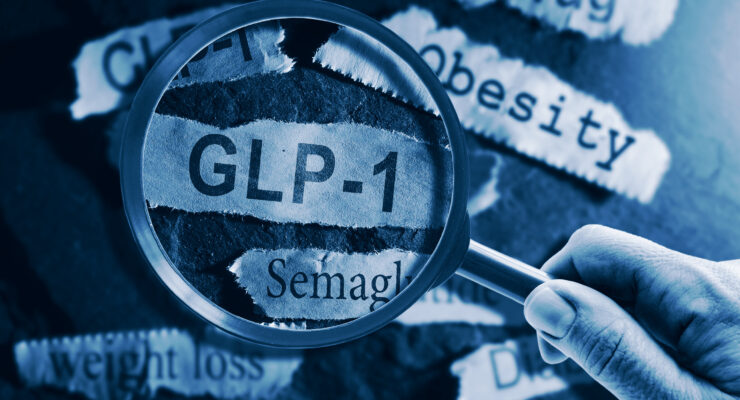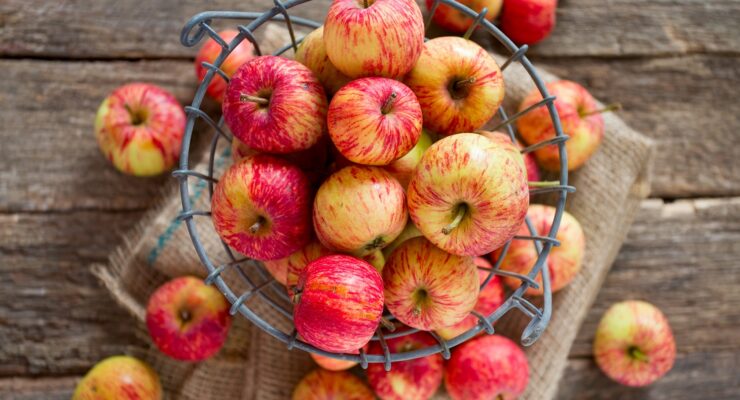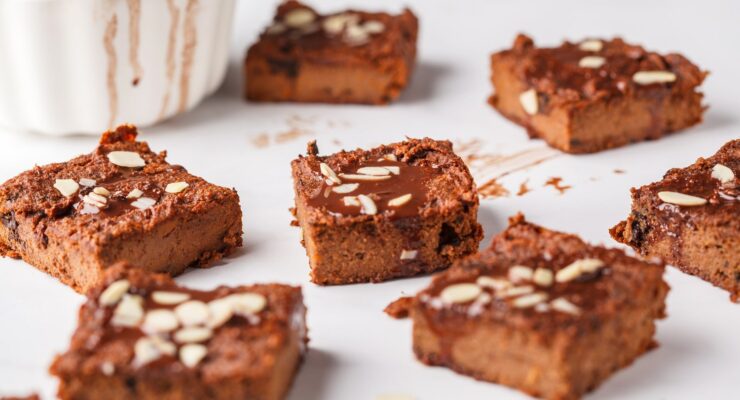Does Green Tea Help You Lose Weight? What the Research Says
Article posted in: Diet & Nutrition
You’ve probably read that drinking coffee can promote weight loss, but did you know that tea may also help you shed pounds?
Green tea has garnered most of the headlines. Between its caffeine and the health-promoting antioxidants it contains, it might give your weight loss efforts a boost.
Though most tea contains less caffeine than coffee, even a little bit seems to be able to boost your metabolism to burn calories. In green tea, it gets an able assist from antioxidants known as catechins, says Healthline.
Green tea’s secret catechin weapon is epigallocatechin gallate (EGCG), which prevents the production of an enzyme that breaks down the fat-burning hormone norepinephrine. Letting norepinephrine loose, your cells break down more fat, turning it into energy your body uses rather than stores away. “In fact, caffeine and EGCG — both of which are found naturally in green tea — may have a synergistic effect,” says Healthline.
Belly fat, also known as visceral fat, can be extremely harmful to your health. Medial News Today explains that this abdominal fat can change how hormones work in your body, while also increasing the risk of heart disease, Type 2 diabetes, stroke, Alzheimer’s disease and more.
While exercising for a minimum of 30 minutes per day can help you burn visceral fat, green tea can also be a complementary habit that you can add to your routine. According to Healthline, “Several studies on green tea catechins show that although the weight loss effects are modest, a significant percentage of fat lost is harmful visceral fat.”

If you like tea, then you should be drinking more of it. Habitual tea drinkers have been shown to have a lower body fat percentage and smaller waist-to-hip ratio than those who do not drink tea regularly, according to a study of 1,210 adults, published in the journal Obesity Research. The study found that this correlation was strongest in those who maintained this tea-drinking habit for more than 10 years.
And don’t just limit yourself to green tea. Black tea—the kind in most regular breakfast teabags and in the pot at Chinese restaurants—may be just as powerful a weight loss friend.
In one 2017 study, published in the European Journal of Nutrition, researchers fed mice micronutrients called polyphenols from decaffeinated green tea and black tea. They put them on a diet designed to make them gain weight (lots of fat and sugar). Well, they didn’t gain weight. In fact, they lost weight.
The researchers took a look at the animals’ gut bacteria and discovered that the types of gut bacteria—called flora—in the mice had been altered. There was less of a type of bacteria that’s been linked to obesity and a significant increase in the number of bacteria associated with leanness. And both green and black teas were responsible for the effect.

Along with drinking plain green or black tea (no cream or sugar—they can negate the weight loss effect), consider adding a Japanese green tea powder called matcha to some of your recipes. According to the University of New England (UNE), “because matcha tea contains the entire ground up tea leaf, a cup of the stuff contains more antioxidants than traditional steeped green tea.”
These antioxidants may provide liver protection and help with detoxification of the body while also boosting brain function, decreasing the risk of cancer and lowering bad cholesterol.
UNE also explains that “drinking matcha may assist with weight loss, but only when combined with regular physical activity.” It does not replace a healthy and balanced diet, just complements it. It should be enjoyed in moderation due the caffeine content which is “comparable to that of coffee,” says UNE.
Here are four delicious ways to work a little matcha magic into your diet:
1. Matcha Blueberry Muffins
The first thing you’ll notice is the bright spring green color that matcha brings to baked goods (and everything else). That’s the health-promoting chlorophyll and antioxidants you’re seeing.
Paired with the abundant antioxidants of blueberries, these muffins are a breakfast powerhouse. Plus, they are so easy to whip up! Simply combine dry rolled oats, baking powder, whole wheat flour, matcha powder and baking soda in one bowl. In a separate bowl, mix together two eggs, almond milk, unsweetened apple sauce and coconut oil. Combine the two, add blueberries and bake for 20-25 minutes in a prepared muffin tin.
Get the Matcha Blueberry Muffin recipe.
2. Guilt-Free Iced Matcha Latte
The reason this is called “guilt free” is because it isn’t the calorie bomb you get at your favorite coffee shop, which can deliver as much as 200 calories. Our version is only 34 calories.
To make it, just combine matcha powder with boiled water, then mix in almond milk that’s been simmered, one packet of stevia and ice if you want your drink frosty.
Get the Guilt-Free Iced Matcha Latte recipe.
3. Blueberry Green Tea Smoothie
Stevia sweetens this early-morning wake-up call of a smoothie, which is also rich in protein thanks to plain nonfat Greek yogurt. We also combine healthy antioxidants from matcha and blueberries. It’s a refreshing beverage that’s perfect for warm weather.
Get the Blueberry Green Tea Smoothie recipe.
4. Matcha Melon Smoothie
What a sweet, energizing way to start your day! The melon and matcha are a perfect match and this breakfast is a cinch to make. Get out your blender and toss in matcha, skim milk, nonfat plain Greek yogurt, honeydew melon chunks, honey, chia seeds and ice. Blend it to perfection and you have a delicious 113-calorie smoothie that will start your day off right!
Get the Matcha Melon Smoothie recipe.
*Always speak to your doctor before adding tea and other caffeinated beverages into your routine to ensure it’s safe for you.













